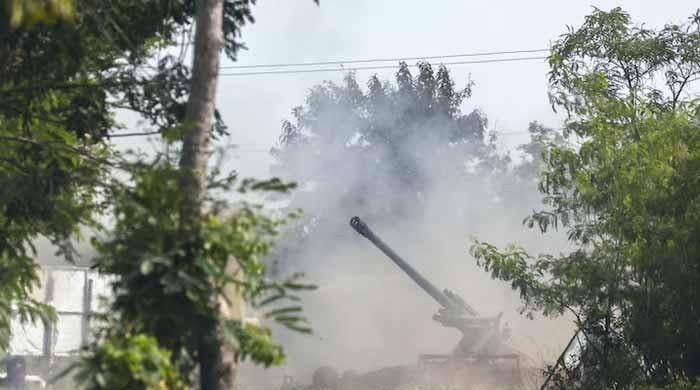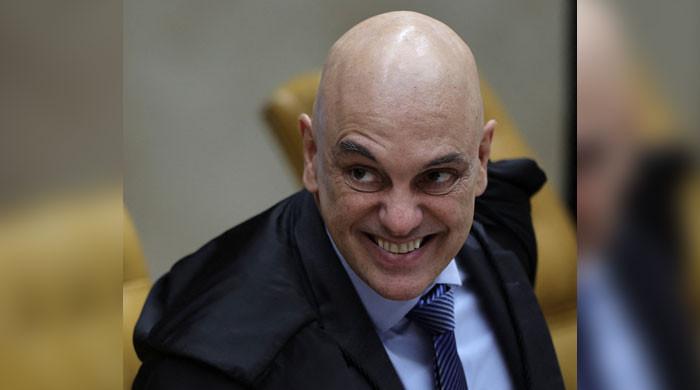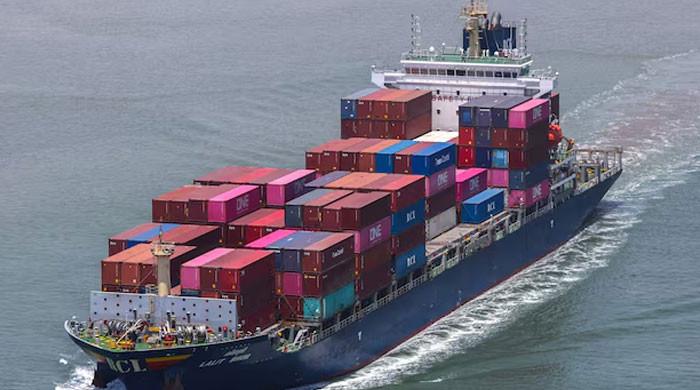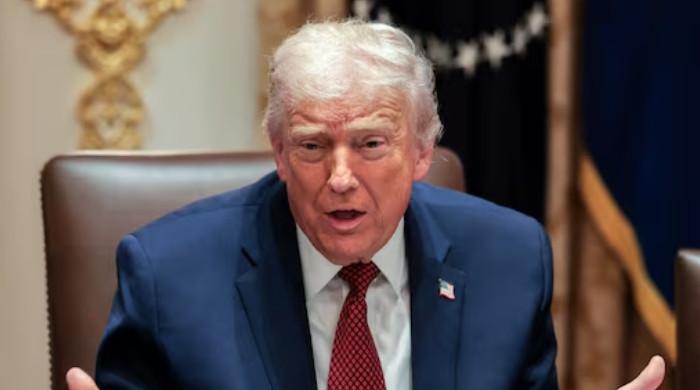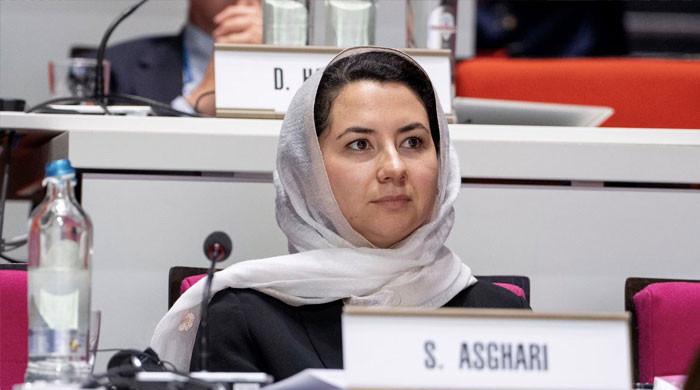WEF: Journalists, editors concerned over govts restricting information amid coronavirus
The WEF conference also looked at the problems everyday journalism faces globally following the spread of the coronavirus
May 21, 2020
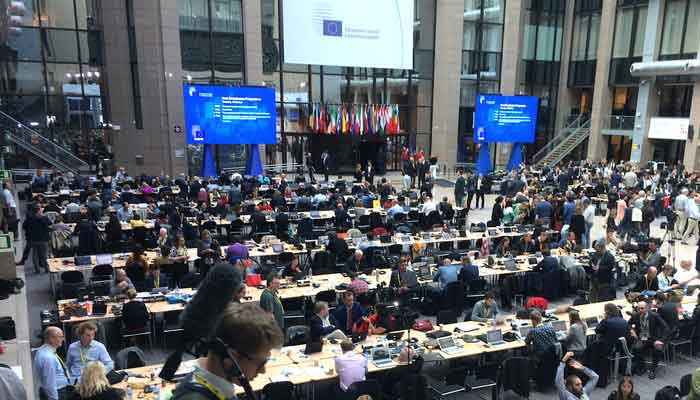
BRUSSELS: The novel coronavirus has significantly dented many industries and sectors, including journalism, according to editors of various newspapers around the world who joined a video conference at the World Economic Forum's (WEF) Media Council.
They expressed concerns about a 'detonating' situation of the press, saying there was no way to investigate and verify information about COVID-19, the disease caused by the novel coronavirus.
Everyday, governments around the world held press conferences and provided information that only fell in line with their narratives, they noted, adding that the journalists were restricted from diving further to independently vet and verify the information.
Among the editors who participated in the WEF Media Council were Martin Baron, Tammy Tam, Sylvie Kauffmann, and John Micklethwait, the editors-in-chief, respectively, of The Washington Post, Hong Kong's South China Morning Post, French newspaper La Monde, and US agency Bloomberg News.
The web conference also looked at the problems everyday journalism faces globally following the spread of the coronavirus. Many journalists have faced salary cuts or given weeks-long unpaid leaves.
Revenue from our ads has become zero, Baron of The Washington Post said, as advertisers did not wish for audiences to see their products during coronavirus-related news.
During the video conference, remarks were also made about the host media council, which said that the organisation was providing information on unemployed journalists on a daily basis.
Victims of the outbreak included well-known online publications such as Quartz, BuzzFeed, Vice Media Group, Conde Nast, and The Economist, which recently laid off 90 employees. If regional newspapers and magazines were included, it would become a long list.
It was also reported that some 36,000 media workers have lost their jobs in the US alone since the coronavirus outbreak, while 150 newsrooms in Australia have been closed down permanently or temporarily.
The impact of social media — including Google and Facebook — on newspapers and magazines was also examined in the video conference. Editors and journalists agreed that many governments were shedding crocodile tears over the media situation.
Kauffmann, the editorial director of La Monde said journalism in Paris was even more challenging without various working lunches and the officials were happy that there were no journalists around them.
Bloomberg's Micklethwait said it was becoming increasingly difficult for journalists to work in Asia, Eastern Europe, and in the United States as well. Governments were using the epidemic to make it difficult to carry out journalistic jobs, he added.
A number of dictators and democratic rulers have used the pandemic to pressurise editorial leadership in various countries, it was observed.
The long list of leaders includes US President Donald Trump, Indian Prime Minister Narendra Modi, Hungary's Viktor Orban, and Turkish President Recep Tayyip Erdogan.
Brussels-based Tom Gibson, EU Representative and Advocacy Manager at the Committee to Protect Journalists (CPJ), said access to information had also been affected.




